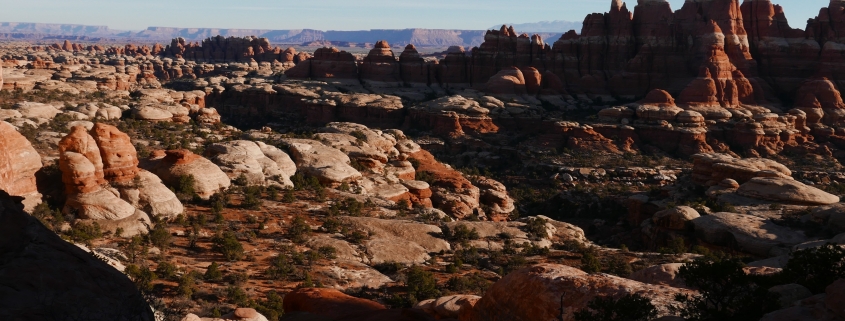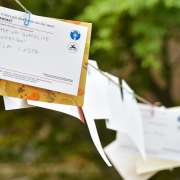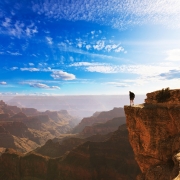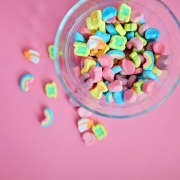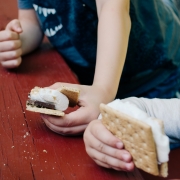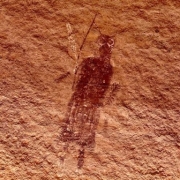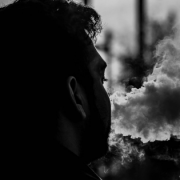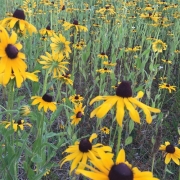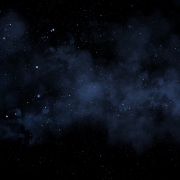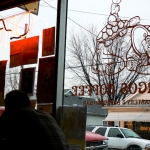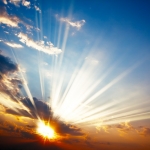Desert Therapy
7:00 AM, November 13, 2018, EC-1 (Elephant Canyon –Campsite 1), Canyonlands National Park, Utah
There is nothing like the silence of the desert. This very cold morning (20 degrees) is only interrupted by the quiet hiss of the Whisperlite-butane stove heating my morning coffee.
It was cold last night. I had almost all of my cold weather gear on (Expedition this and Expedition that), and bundled up in my 12-degree sleeping bag. I awoke with frozen condensation on the inside of my tent. As I write this, I’m sitting on my 1 lb Helinox chair while the sun is rising.
As I gaze on the canyon walls, the cedars, the dry stream bed, I have a sense that I’m better than most people, but no, rather luckier than most people. Very few eyes, relatively speaking, have witnessed a morning like this, in this place. This place is only for those that are willing to pay the toll. And the toll for this place was a 4-mile hike with 60 lbs. on my back, scrambling in and out of canyons and over slip rock.
As I witnessed this new day in the desert canyon, I remembered that I had carried Edward Abbey’s book “Desert Solitaire,” with me, not the paperback, but the digital copy in my kindle.
And so, I spent the morning soaking up the sun and browsing Abbey’s work.
“Wilderness” he wrote,” is not a luxury but a necessity of the human spirit, and as vital to our lives as water and good bread. A civilization which destroys what little remains of the wild, the spare, the original, is cutting itself off from its origins and betraying the principle of civilization itself.”
Abbey wrote his autobiography after spending two seasons in the late 1950’s as a park ranger in Arches National Park. He fell in love with the canyons and the desert. It became part of him.
“The love of wilderness is more than a hunger for what is always beyond reach; it is also an expression of loyalty to the earth, the earth which bore us and sustains us, the only home we shall ever know, the only paradise we ever need—if only we had the eyes to see.”
The wilderness changed him and it changes anyone willing to spend time in it.
It can heal you.
I had come here for healing. Not because of the people and things in my life. But because I needed to become a better person for the people and things in my life: to be a better counselor, a better partner, a better parent, and most importantly, a better human. The water was boiling. The sun was warming me now. It felt wonderful!

